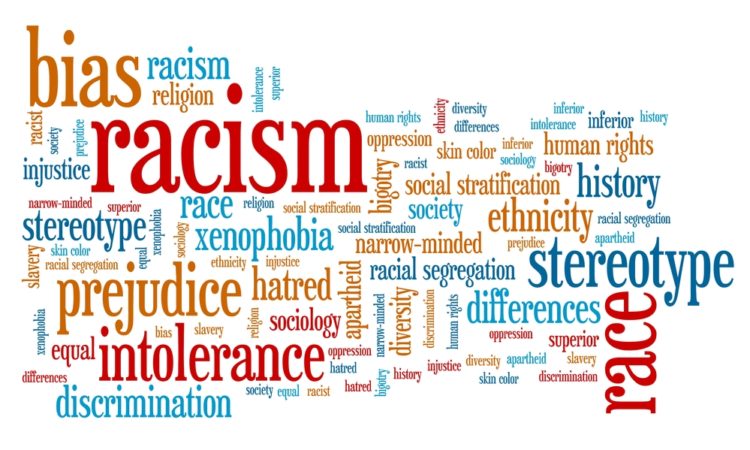
Mental Health Disorders of Minorities – Victims of Racism
Racist attacks: well documented in days of slavery, Jim Crowism through modern day racism has, and still, leaves its mark on the mental health of minorities.
New research by University of Manchester academics has revealed for the first time how harmful repeated racial discrimination can be on mental and physical health.
Several studies have already linked racial discrimination to poor mental and physical health but no study has ever studied the impact numerous attacks over time have on a person’s mental health.
The study, published by Dr. Laia Becares and colleagues in the American Journal of Public Health, was looking at the accumulation of experiences of racial attacks over time including being shouted at, being physically attacked, avoiding a place, or feeling unsafe because of one’s ethnicity.
In this research increased mental health problems were shown to be significantly higher among racial minorities who’d experienced repeated incidents of racial discrimination, when compared to ethnic minorities who did not report any experience of racism.
The study also found it was the fear of avoiding spaces and feeling unsafe due to racial discrimination that had the biggest cumulative effect on the mental health of ethnic minorities.
Dr. Becares said: “This finding would suggest that previous exposure to racial discrimination over the life course, or awareness of racial discrimination experienced by others, can continue to affect the mental health of ethnic minority people, even after the initial exposure to racial discrimination.” (“Repeated experiences of racism most damaging to mental health”, the University of Manchester, July 26, 2016)
Consider this family’s story:
MILWAUKEE — “Their daughter was sick and they needed family around to help care for her, so JoAnne and Maanaan Sabir took an unexpected detour.
They had spent years blowing past mileposts: earning advanced degrees and six-figure incomes, buying a 2,500-square-foot Victorian with hardwood floors. Yet here they were, both 37, moving to a corner of town pocked by empty lots, cramming into an apartment above Ms. Sabir’s mother, in the very duplex that Ms. Sabir’s grandparents had bought six decades earlier.
Their new dwelling was in a part of the Lindsay Heights neighborhood where more than one in three families lives in poverty; gunshots were too often a part of the nighttime soundtrack. They planned to leave once their daughter, Ameera, was healthy.
Now, two years later, Ameera, 14, is healthy. And the Sabirs have not left. They have, in fact, only strengthened their resolve to stay after a fatal police shooting last weekend led to fiery unrest that was also fueled by frustrations over race and segregation.
Rooted where they are, the Sabirs point to a broad yet little-explored fact of American segregation: Affluent black families, freed from the restrictions of low-income, often end up living in poor and segregated communities anyway. “It felt like that’s where we should be,” Ms. Sabir said”.
It is a national phenomenon:
The choices that black families make today are inevitably constrained by a legacy of racism that prevented their ancestors from buying quality housing and then passing down wealth that might have allowed today’s generation to move into more stable communities. And even when black households try to cross color boundaries, they are not always met with open arms.
Studies have shown that white people prefer to live in communities where there are fewer black people, regardless of their income.
(John Elicon and Robert Gebeloff, “ Affluent and Black, and Still Trapped by Segregation, Why well-off black families end up living in poorer areas than white families with or even lower incomes, NY Times, Aug 20, 2016)
This is where Counseling on Demand comes in. We join fellow mental health professionals concerned about such mental health disturbances.
We practitioners share not only minorities’ mental health concerns, but ethnicity and racial origins as well. Counseling on Demand is much the same, quite diverse.
We are online at CounselingonDemand.com.
We are only a click away.